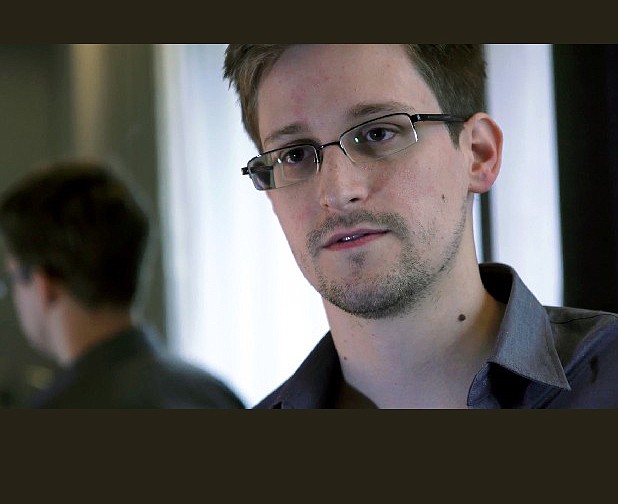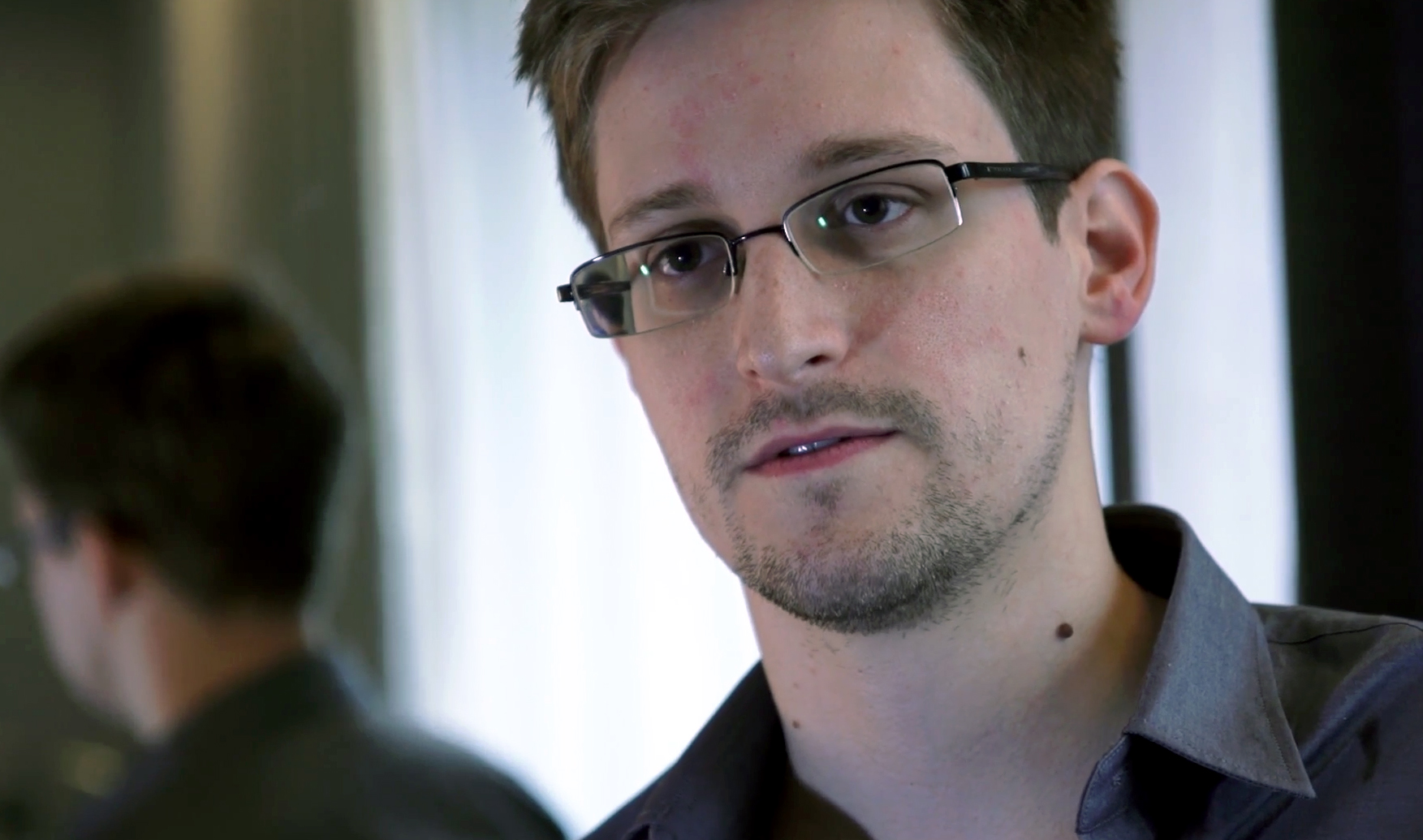Editor's note: Mavanee Anderson, a Vanderbilt Law School graduate who lives in Washington, D.C., is a personal friend of Edward Snowden, the former Central Intelligence Agency employee and National Security Agency contractor who leaked classified material on top-secret NSA programs including the PRISM surveillance scheme. In support of Snowden, Anderson, who is friends with Free Press opinion page editor Drew Johnson, wrote the following guest commentary as a special to the Free Press.
The Free Press applauds the brave, patriotic steps Snowden has taken to expose excessive government surveillance tactics. We share his concerns about the federal government's threats to the privacy and liberty of its citizens.
The current narrative on NSA leaker Ed Snowden (yes, his friends call him "Ed") has been devoid of those close to him who know him as a person. In one of his interviews with The Guardian he said he didn't want the discussion to be about him, he wanted it to focus on the issues at hand; but in a situation like this I suppose I can be forgiven for wanting to show support for Ed any way I can.
Many of Ed's friends and co-workers can't speak out, fearful of losing their jobs, or because there's an ongoing criminal investigation/manhunt. Some must stay quiet because they worked with him in clandestine services and can't expose themselves.
This, perhaps, places me in a rather unique position. I don't work for the CIA or NSA, but I obtained top secret clearance for a position I held in Geneva when I met Ed. My security clearance allowed him to talk to me as a friend about some of the things that weighed on his mind and conscience. He never divulged anything to me he should not have. He spoke in the context of the information I already knew, and in a general sense about the stresses and burdens of the work he performed. Even verifying anything about him may mean that my work options in the future are limited. That's a risk I'm willing to take so that he doesn't have to stand alone. Compared to the sacrifice he's made, it seems insignificant.
Ed is an incredibly smart, kind and sincere person. He talked a great deal about the fact that he didn't complete high school when he and I were in close contact, but he is an IT whiz - I've always taken it for granted that he's an IT genius, really - who came by most of his skill and knowledge on his own.
He is introspective and, perhaps, a bit prone to brood: the type of person who thinks long and hard before coming to a decision. At the time when we were in close contact - from the summer of 2007 through the first part of 2009 - he was already experiencing a crisis of conscience of sorts. I think anyone smart enough to be involved in the type of work he does, who is privy to the type of information to which he was privy, will have at least moments like these. And at some point during that time he left the CIA.
Ed is interesting and brilliant; accomplished in martial arts and an active participant in related activities. I know he used to participate every year in Chinese New Year parades with his martial arts organization. He once gave me a one-on-one martial arts lesson, and I was surprised at his abilities - and very amused that he seemed unable to go very easy on a newbie.
He has some skills and talents that I prefer not to share because he is currently a fugitive on the run. I don't want to reveal anything about him that those who wish him harm could utilize in any way, even though, as Ed so eloquently pointed out to the world, the powers that be likely already know all there is to know.
As far as his method goes, I would have counseled him to fight his fight in a different way. No one, however, can deny that his approach has been an effective catalyst for a much-needed dialogue about issues of privacy and security in this country and beyond. I would have suggested a more measured approach involving lawsuits or activism.
It's such a tricky subject. Of course national security is incredibly important. But then this isn't a simple question of choosing one or the other - national security or privacy rights. It's more a question of how much the stripping away of our privacy rights actually does improve national security. And whether any incremental improvement in security - if, indeed, there is any improvement at all (which has currently not been proven) - is worth the price of our privacy rights. And whether the executive branch should have such extensive and unchecked powers to take away our privacy rights without our knowledge.
I think Ed already may be a symbol of something much bigger than himself. As a friend, I admire his courage - this strength of purpose is a very real aspect to his character - but I fear for him. Quite selfishly, I would have told Ed that he didn't have to take this burden on himself. I'd prefer him to be safe at home, brooding away.
There has been a great deal of discussion about what might happen to Ed in the days, weeks and months ahead. To me, the possibilities aren't just subjects for enlightening discussions on extradition agreements or asylum or Chinese interrogation methods, they are possible scenarios that are playing out in the flesh-and-blood life of my friend. I wish I could be with him to help or protect him in some way. I wish I could get him a message that says I'm thinking of you and pulling for you. And I'm proud of you.

